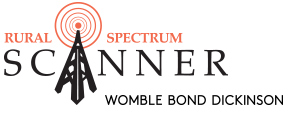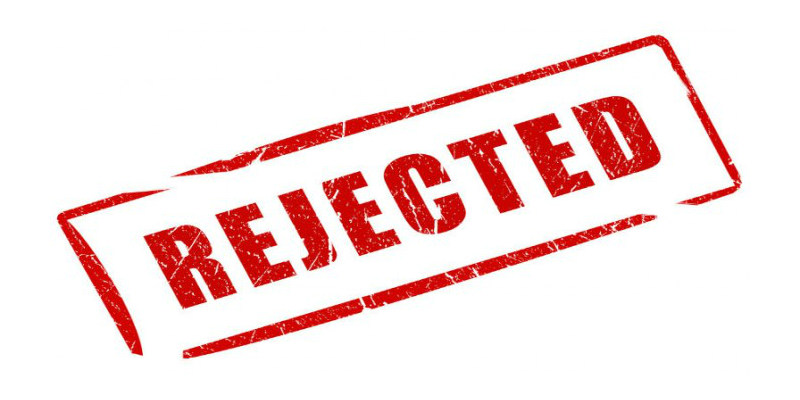In response to threatening phone calls targeting schools, religious centers and other organizations, the FCC has adopted new rules to allow law enforcement authorities, in specific circumstances, to access blocked caller ID information to identify and thwart threatening callers. The FCC’s action creates an exemption to a rule prohibiting carriers from disclosing blocked caller ID information. Threatened organizations no longer need to obtain a waiver from the FCC to obtain such information enabling the quicker investigation of threatening calls. Because the FCC takes the privacy of law-abiding consumers seriously, it limited access to blocked caller ID information to law enforcement personnel and others responsible for the safety and security of the threatened party. FCC Chairman Ajit Pai stated that this measure is justified because callers who make threats should have no legitimate expectation of privacy that their caller ID information will remain secret. The FCC also provided an exemption for non-public emergency services, such as private ambulance services, to obtain blocked Caller ID information of callers requesting their assistance. A similar exemption already exists for public emergency services.
Tuesday, April 1, 2025
Womble Bond Dickinson,” the “law firm” or the “firm” refers to the network of member firms of Womble Bond Dickinson (International) Limited, consisting of Womble Bond Dickinson (UK) LLP and Womble Bond Dickinson (US) LLP. Each of Womble Bond Dickinson (UK) LLP and Womble Bond Dickinson (US) LLP is a separate legal entity operating as an independent law firm. Womble Bond Dickinson (International) Limited does not practice law. Please see www.womblebonddickinson.com/us/legal-notices for further details.
© Womble Bond Dickinson (US) LLP








